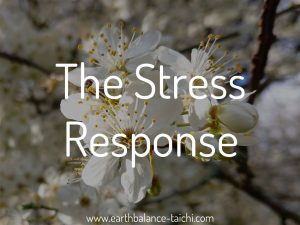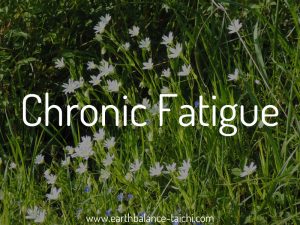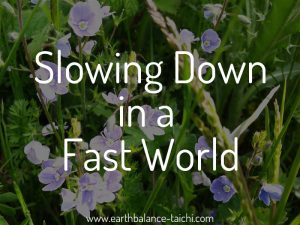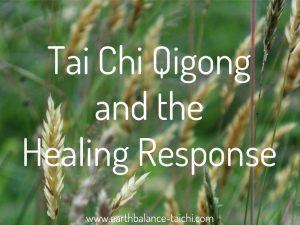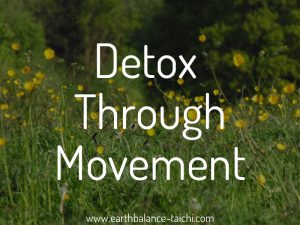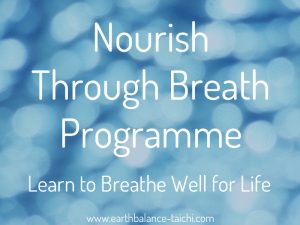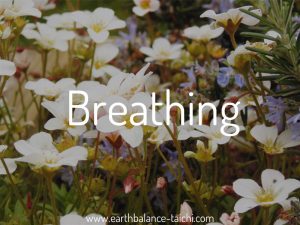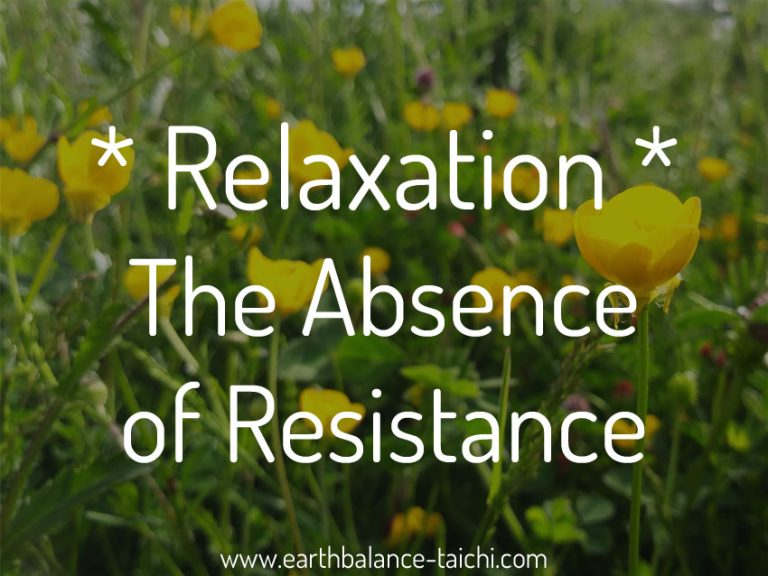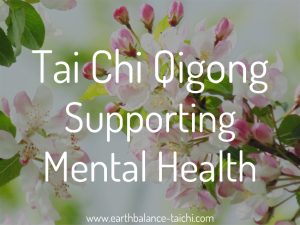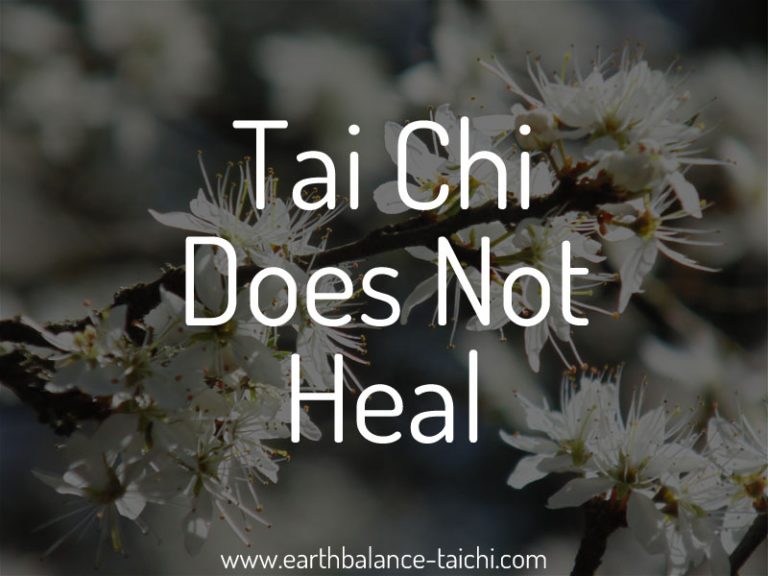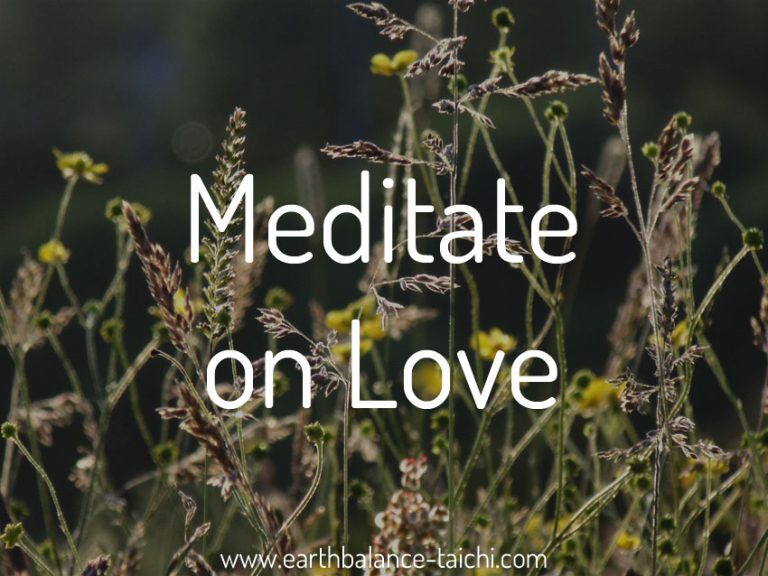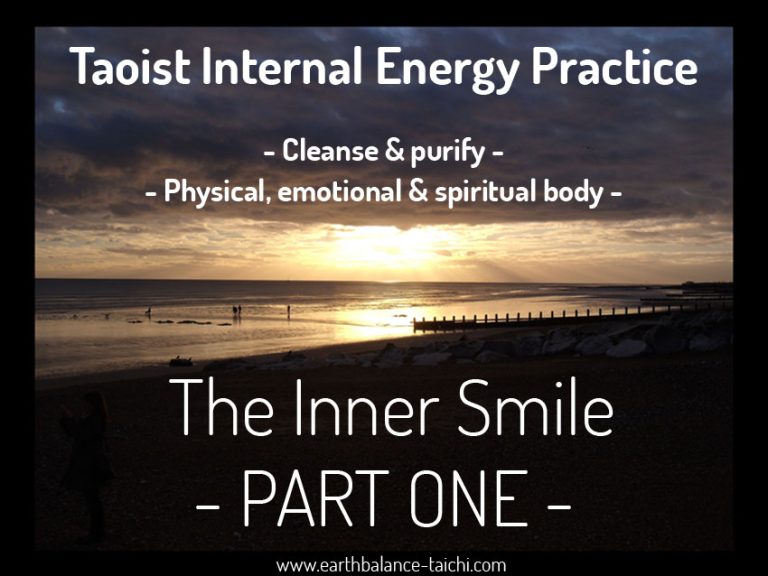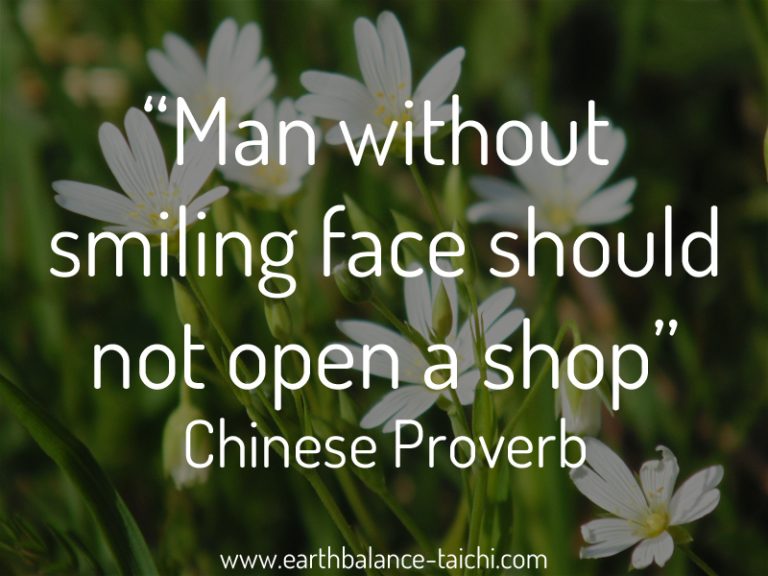Ways to Relieve Stress
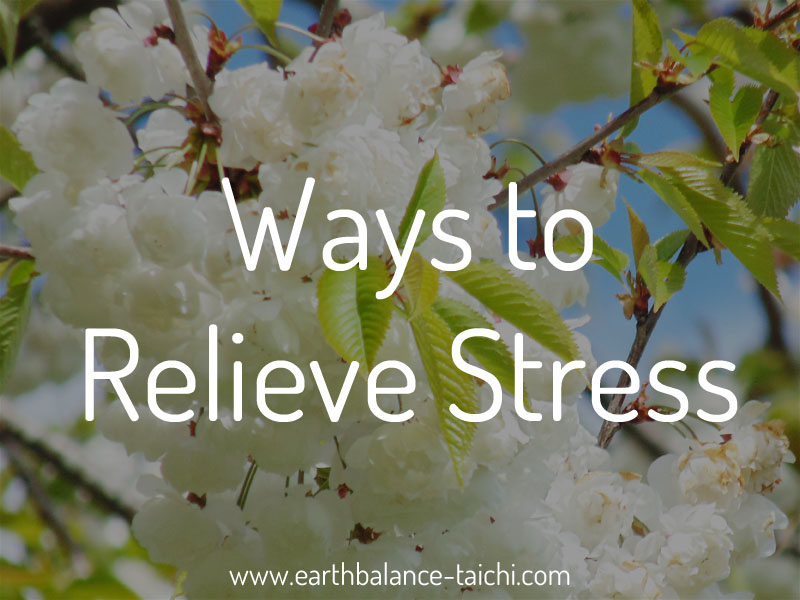
Ways to Relieve Stress
I would go as far as saying that stress is one of the most silent health disorders of our modern times. Managing stress is often overlooked and seen as trivial. There is growing pressure on everyone, to go faster, be more productive, achieve more, do more and so on. Before we look at ways to relieve stress, we need to understand why we get stressed and what happens to our body.
What is Stress
Stress is a natural response when we are faced with a threat, a challenge, pressure or change. We react physiologically and psychologically. This change could come from work, home life, relationships, family, death and so on. Every area of life has the potential to cause us stress. Stress is a natural reaction that can be healthy or unhealthy.
Healthy Stress
The stress response helps us to deal with a short term threat. Once the threat has passed we can return to the natural relaxation state. Under these conditions, stress helps us cope with a variety of situations. When short-lived, there are no long-lasting health effects.
Unhealthy Stress
If the threat does not pass, or other threats, challenges and changes add more and more pressure to our lives, this is unhealthy. When you are in the stress response chronically and excessively, this will have a negative impact on your health. Stress becomes distress over time. Another type of unhealthy stress is experiencing the stress response when faced with a low level threat. The reaction can be disproportionate to the situation, yet this still creates the same emergency physiological response.
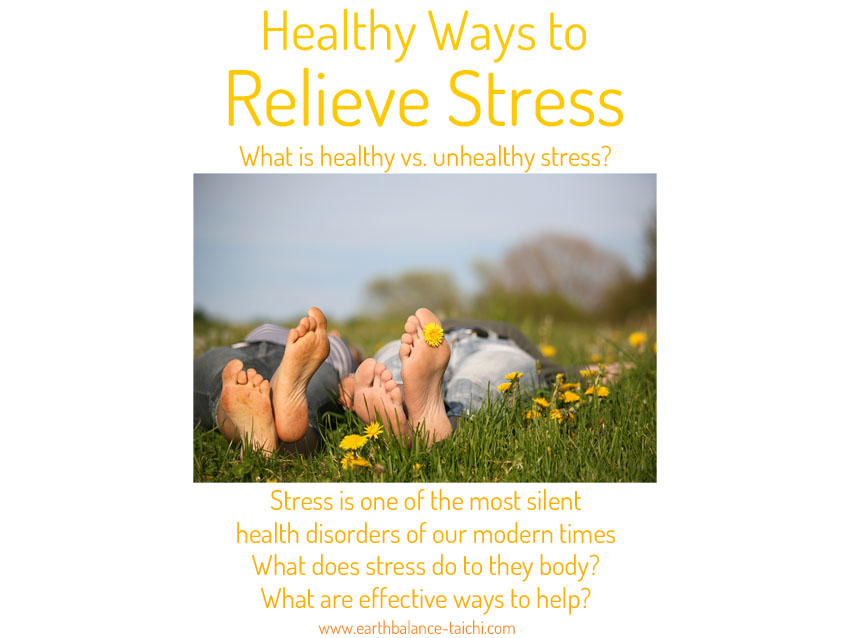
What Stress does to the Body
Our automatic stress response (known as the sympathetic nervous system and the fight or flight response) is activated when we are faced with a threat. The brain sends signals to the body to prepare for facing the emergency, which sets in motion a range of physiological and hormonal changes.
Symptoms of Stress
- Headaches
- Raised blood pressure
- Dizziness
- Chest pain
- Raised heart rate
- Chronic muscular contraction
- Jaw problems from clenching and grinding
- Increase in pain levels
- Panic attacks
- Shaking and trembling
- Shallow breathing
- Hyperventilating
- Increase in perspiration
- Sexual dysfunction
- Digestive problems
- Loss of appetite
- Weight loss and gain
- Fatigue
- Feeling foggy, a lack of clarity
- Feeling jittery and on edge
- Poor memory
- Difficulty sleeping and insomnia
- Enhanced negative emotions
- Inappropriate reactions, cyclical thinking and catastrophising
- Changes in normal behaviour and habits
- Withdrawing socially
1st Stress Response
Known as the Sympathomedullary Pathway (SAM). The body prepares for the emergency by activating the sympathetic nervous system. This system can be activated in a second, it is very reactive. The adrenal glands are activated, releasing adrenaline, raising the heart rate and blood pressure. The blunt pain receptors are dulled, pupils dilate, the skin flushes and in extreme cases there is a loss of bladder control. Parts of the body are shut down temporarily to divert energy towards coping with the threat. The body returns to the relaxation response (the parasympathetic nervous system) when the emergency is over. It takes 20 to 30 minutes to return to normal.
2nd Stress Response
Known as the Hypothalamic Pituitary-Adrenal (HPA) system. This can be activated around 10 seconds or more after the first stress response. The adrenal glands are activated, instantly releasing the stress hormone cortisol, and continues to release cortisol even after the emergency is over. This helps stabilise the blood sugar levels in the body, and the blood pressure so that we can deal with the emergency. It also sends more blood to the skeletal muscles so that you are ready for flighting e.g. running away. Cortisol also helps to reduce inflammation by preventing swelling. It is important to note that in this state the immune, digestive and reproductive systems are suppressed.
Chronic Stress
Continual release of adrenalin and cortisol have a negative effect on our physical and mental health. This can lead to a weakened immune system, making us susceptible to disease, illness and infections. It can also have an effect on mood, emotions, well-being, memory and brain function. In some cases it has been linked to depression, heart disease, stroke and cancer. We are not designed to live in the stress response for more than a short time as it depletes our resources. We must do as much as we can to avoid over-taxing the body through stress.
Stress is Overlooked
We all get stressed, and yet chronic stress is rarely seen as bad. Stress in the workplace is a growing trend as modern life creates more and more pressure and expectations. It is almost expected to be in a state of stress at work in order to succeed. And yet stress reduces our ability to work productively and has a negative impact on our physical and mental health over time. The hidden cost of chronic stress in the workplace is likely very high. But we can't change how your boss or company behaves, instead you can learn to reduce your stress response.
The majority of students I teach are in a constant state of stress. People seem resigned to the fact they are stressed. They do not see reducing stress as a priority, as they have felt that way for a long time. Stress has become the norm. In some cases, they are not even aware of how highly stressed they are.
Stress is also cumulative and cyclical. It can be difficult to break the stress cycle.
Preventative vs Reactive
People in general only tend to react when something happens. By this I mean it is rare to see people being proactive, acting in a preventative way to aid their future health and well-being. It is more common to see people with physical and mental health difficulties, who are in the thick of it and are trying to find a way to help themselves. I think I talk myself blue in the face to my students and those around me about the importance of preventative health. It's difficult when in the middle of a health crisis to start something new, to foster good habits and a new routine. It is far easier to learn stress reduction techniques when you are in a relaxed and neutral state. You then have time and energy to develop practices that truly help you. And then in times of need, you can call on these practices to help you cope better.
The Mind Body Connection
This will be the theme for another blog post. I've touched on this a few times in the following articles: Tai Chi for over thinkers and The Parasympathetic Nervous System and Tai Chi and Qigong for anxiety and depression.
In Tai Chi and Qigong training, whether movement or stillness practices, we lead the mind by example through the body. By slowing down our movements, deepening our breath, and paying attention to the present moment we can activate the natural relaxation response. Over time with practice, we can tip the balance of our heightened stress response, so that we are naturally and appropriately able to return to a normal state for longer and longer periods of time. This in turn reduces physical and mental tension and aids our health and well-being.
Stress Awareness
One of the first steps is stress awareness. Learn to observe the body in your daily life, and recognise when you feel stressed and when you are displaying symptoms of stress.
What does stress look and feel like in your mind and body?
What are the typical triggers for your stress levels?
Developing awareness is one of the most important tools you can have in life. Review your current life-style, take time to observe 'you'. Then create a plan of action to try out different relaxation techniques. Find ones that work for you, add them into your diary and practice them frequently.
Ways to Reduce Stress
Reducing stress should be a staple part of your self-care management programme. Without pre-planning can you list 5 or 10 things that you do to reduce stress in your life? The most important part of relaxation, is learning how to activate the natural relaxation response (parasympathetic nervous system). In this modern world, most of us are living in the stress response chronically. We need to train relaxation as a skill, to return the body to a normal state. This takes a long time, effort and diligence. It's not easy and the only person that can help you, is you.
Here are some suggestions to help activate your relaxation response:
Deep Abdominal Breathing
The breath is the key to sending signals for you to automatically react with the stress or relaxation response. I've talked over how the symptoms of stress can include shallow breathing, hyperventilating etc. The good news is that it works both ways. You can send yourself into the stress response through a fast breathing rate, and you can send yourself into the relaxation response through a slow breathing rate. Correct, deep abdominal breathing is the easiest and most available way to calm down. You can breathe deeply at any time of the day. With training, you can learn to breathe deeply in times of pressure and stress. If you consciously breathe deeply for a period of time, your body and mind have to respond with the relaxation state. It is the most important tool you have aside from awareness. You are in control. Read more about breathing here.
Stillness Practices
- Mindfulness
- Meditation
- Prayer
- Mantra
- Visualisations
- Deep abdominal breathing
Mind Body Movement Practices
The mind and body movement practices are the most effective ways to de-stress, though I may be biased as both a student and teacher of Tai Chi, Qigong and Taoist meditation. That said I have not found another practice outside of Tai Chi, Qigong and yoga that offers the same multi-prong approach to calming the body and the mind. The reason these practices work so well is that they combine a number of relaxation techniques, rolled into one practice.
Tai Chi and Qigong work by slowing down your movements to soothe and calm the central nervous system. In your practice you are holding a single point of focus to be in the present moment, which is the basis for mindfulness and meditation. The dynamic spiralling movements help nourish all body systems and improve organ function by aiding detoxing. An important part of training is learning the skill of true physical relaxation, which helps release physical tension and loosen the soft tissue. The practices also help to release happy brain chemicals; serotonin, dopamine and endorphins.
Self Expression and Creativity
Creative writing, sculpture, singing, cooking, dancing, painting, board and card games etc. Anything you are passionate about, enjoy and love to do. From hobbies to interests. Do more!
Reduce Stressors in your Daily Life
- Exercise frequently
- Eat healthily
- Avoid smoking, alcohol, drugs and stimulants such as coffee and energy drinks
- Take time out
- Ensure you get adequate sleep
- Minimise triggers at work
- Manage your time well
- Give your energy to relationships that support you
- Spend quality social and family time
- Take a long bath
- Invest in talking therapy to help reset to neutral
- Work to your individual baseline
- Live your true self
- Learn to say no
Resources
The effects of chronic stress on health: new insights into the molecular mechanisms of brain–body communication. By Agnese Mariotti
As with all medical conditions, injuries and/or ill-health, please consult with your Doctor prior to starting a class. Tai Chi, Qigong and Meditation are not a replacement for conventional medical treatment. This article is for information only and should not be taken as medical advice.
